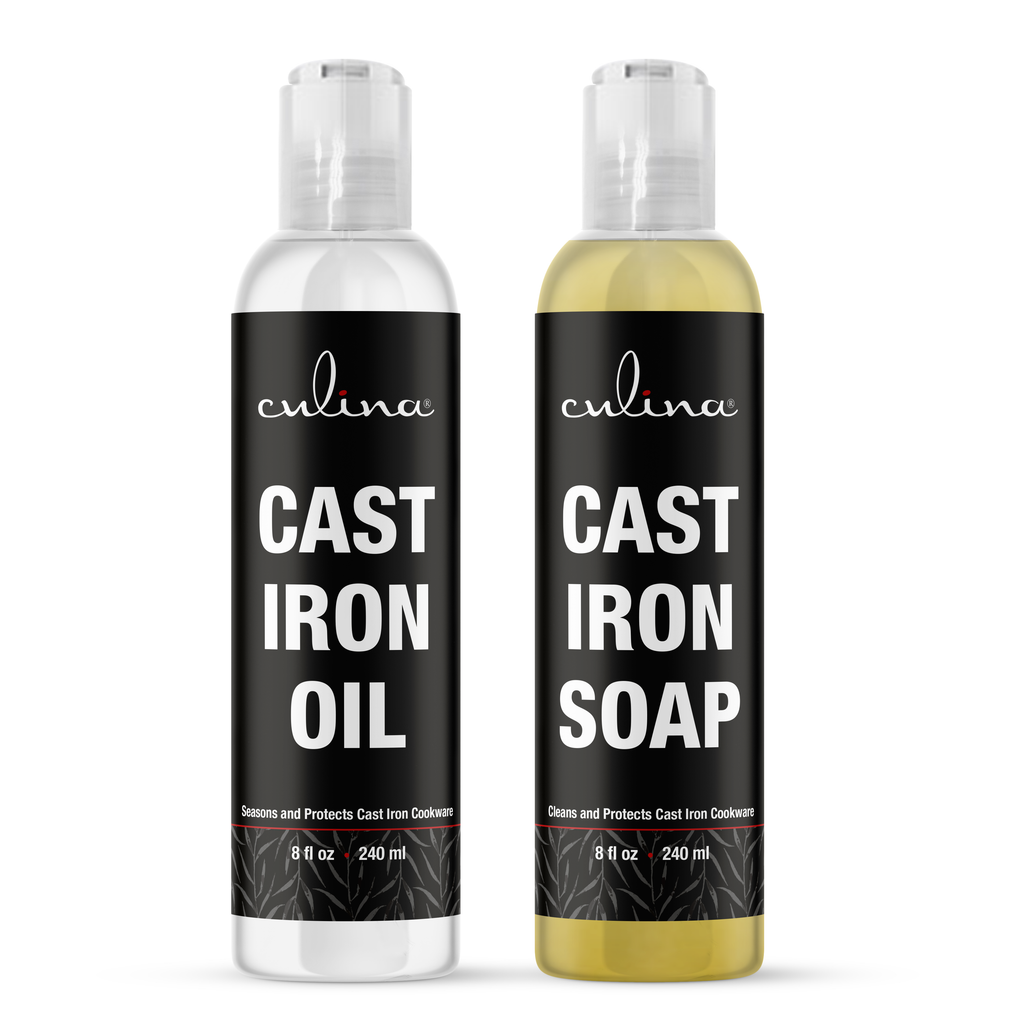What to Use Instead of Sesame Oil:10 Surprising Options?
When it comes to cooking and beauty, finding the right oils can make a world of difference. For beauticians especially, its essential to know what to use instead of sesame oil to meet the unique needs of their clients. Sesame oil is popular in various cultures for its flavor and potential beauty benefits. However, there are times when a substitute is needed, whether due to allergies, flavor preferences, or availability. In this guide, we will explore the best alternatives to sesame oil and discuss their uses in both cooking and beauty applications.
The query of what to use instead of sesame oil is often on the minds of chefs, beauticians, and individuals who simply want to know their options. Lets delve into some fantastic alternatives that can keep your dishes flavorful and your beauty routines effective!

1. Olive Oil: A Versatile Alternative
Olive oil is a fantastic substitute for sesame oil, especially when you need a lighter flavor. It is rich in healthy fats and loaded with antioxidants, making it excellent for both cooking and skin care. The high smoke point of olive oil also means it is suitable for sauting and frying.
You can learn more about the benefits of olive oil in skincare and cooking. Its versatility makes it a staple in many kitchens.

2. Coconut Oil: Sweet and Nutty Substitute
Coconut oil is another great option. Its unique flavor profile can bring a hint of sweetness that uses well in both culinary and beauty applications. Coconut oil is particularly adept at moisturizing the skin, making it a favorite among beauticians.
In addition to skincare, coconut oil can also be used in cooking. For those interested, check out our article on how to make coconut oil for an in-depth guide.

3. Sunflower Oil: A Neutral Flavor
If youre looking for something with a neutral taste, sunflower oil can be your go-to option. Its an excellent choice for frying and baking without overpowering the dish's flavor, making it similar to sesame oil.

4. Avocado Oil: Rich and Nutritious
Another oil to consider is avocado oil, which adds a luxurious touch to both cuisine and beauty routines. Its high smoke point is great for cooking at high temperatures, and its fatty acid profile supports skin health.
5. Peanut Oil: For a Nutty Twist
Peanut oil can be a fantastic substitute, especially in Asian dishes where sesame oil is traditionally used. Its high smoke point makes it excellent for frying, while its delightful nutty flavor complements many recipes beautifully.
6. Grapeseed Oil: Light and Mild
Grapeseed oil has a very light flavor, making it another good alternative to sesame oil. It is often used in salad dressings and marinades, providing a nice base for other flavors to shine.
7. Hemp Seed Oil: Nutty and Nutrient-Rich
For those looking for health benefits alongside substitutes, hemp seed oil is rich in omega fatty acids and has a distinct nutty flavor. It's perfect for drizzling over salads or incorporating into dips!
8. Flaxseed Oil: For Unique Flavor
Flaxseed oil boasts a unique flavor and is packed with essential nutrients. However, it's best used in cold dishes or added after cooking due to its low smoke point.
9. Almond Oil: Sweet and Smooth
Almond oil's sweet aroma makes it an appealing option for beauty routines as well as culinary uses. It's excellent for moisturizing skin and can be used in baking to impart a subtle sweetness.
10. Canola Oil: Budget-Friendly Choice
Finally, canola oil serves as an economical substitute for sesame oil. It has a neutral taste and a high smoke point, making it a versatile option for various cooking methods.
FAQs
1. Can I use olive oil in place of sesame oil?
Yes, olive oil is an excellent alternative to sesame oil. It has health benefits and a versatile flavor suitable for many recipes.
2. What is the best oil for skin care as a substitute for sesame oil?
Coconut oil and almond oil are two of the best substitutes for skincare applications, both offering moisturizing properties.
3. Is peanut oil safe for those with nut allergies?
No, peanut oil is not safe for individuals with nut allergies. Always consult with clients about their allergies before recommending products.
As an Amazon Associate, I earn from qualifying purchases.

